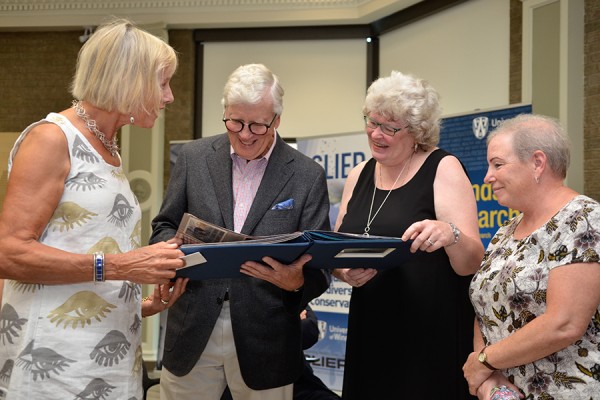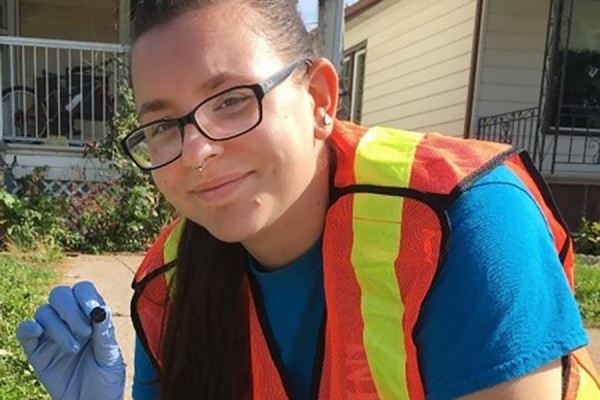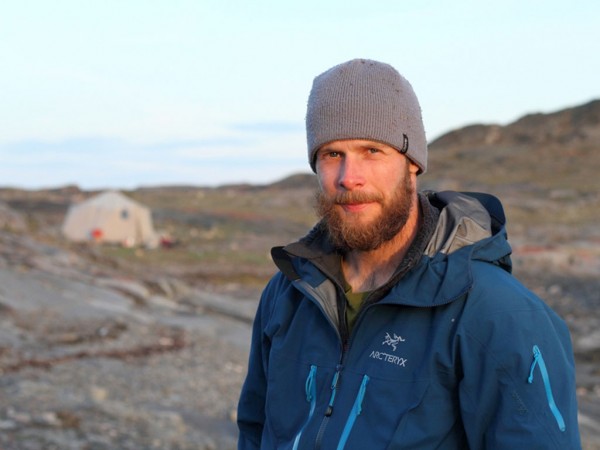 Conservation scientist John Hartig, the Great Lakes Institute for Environmental Research’s first doctoral graduate, is back as a visiting scholar.
Conservation scientist John Hartig, the Great Lakes Institute for Environmental Research’s first doctoral graduate, is back as a visiting scholar.
Conservation scientist John Hartig, the Great Lakes Institute for Environmental Research’s first doctoral graduate, is back as a visiting scholar.









